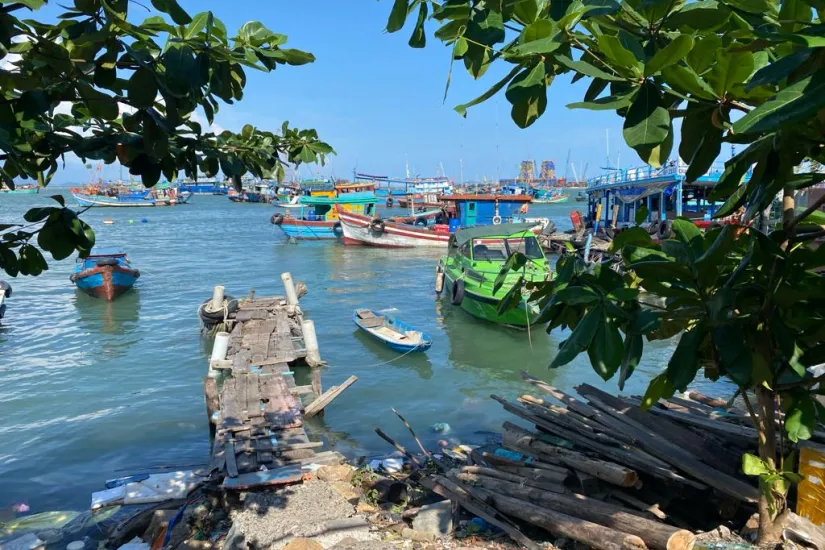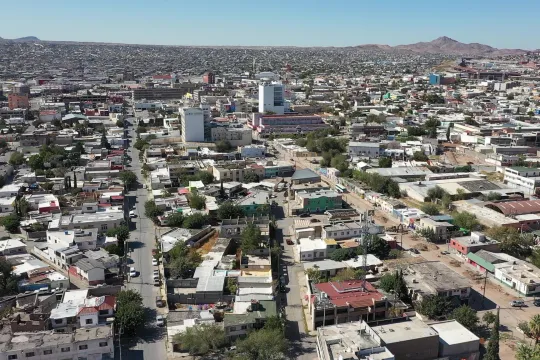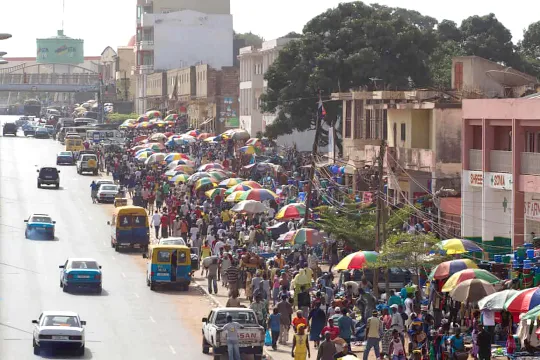
Introduction
The UN-Habitat Vietnam office is engaged in several projects in collaboration with national and sub-national institutions to assist Vietnam in achieving Sustainable Development Goals and implementing the New Urban Agenda. One of these projects is the Institutional Strengthening and Capacity Building for Sustainable Urban Development in Vietnam (ISCB), funded by the Swiss State Secretariat for Economic Affairs (SECO). The project comprises four interconnected components, with the fourth component focusing on supporting three pilot projects in different cities, including Vung Tau.
Context and background
With abundant offshore reserves of oil and gas and a conducive socio-economic environment, Vung Tau is well-positioned to establish itself as the nation's premier petroleum hub. Blessed by nature with a mild climate and breathtaking landscapes, Vung Tau has long been a sought-after destination for regional and national sightseeing and relaxation. Nevertheless, the city now grapples with environmental challenges, particularly coastal pollution stemming from untreated wastewater discharged by industrial zones, domestic wastewater, and commercial activities at the fishing ports due to the effects of urbanization and industrialization. The city government has shown a firm commitment to addressing these issues, in line with the local demand for smart city development, as evident in their official letter of cooperation with AMC in February 2018.
Plan and process details
- Mission to the city
- City profile development
- Pilot Project TOR completion
- Validation workshop on CP and TOR
- Pilot project implementation
Aligned with the efforts of Component 1, which focuses on enhancing local capacity in urban development planning and the various themes of pilot projects such as urban regeneration, ICT in governance, community resilience, and creative public spaces, local leaders and officials actively participate in a range of project activities, including partnership engagement, study tours, training sessions, and collaborative workshops. This collaborative approach extends to the implementation of the pilot projects, fostering a comprehensive strategy for successful execution.
Use of Our City Plans
"Our City Plans" has played a pivotal role in enhancing the comprehension of urban planning procedures among diverse urban stakeholders. It assists them in determining when and how to actively engage to ensure that their perspectives are taken into account and their interests are fully integrated into the city's overarching vision, policies, strategies, programs, plans, and projects. The planning process was customised to the Vietnamese context by considering available resources and capacities, all achieved through a participatory and capacity-building approach. This includes conducting participatory mapping exercises, city reconnaissance, and consultative workshops, promoting a shared commitment through a jointly visioning to collaboratively identify the city's long-term goals for the next years. Importantly, based on the city profile, the ISCB Project will also implement a pilot project, promoting an innovative and inclusive urban development solution in Vung Tau.
Results
The overall objective of the ISCB project is to strengthen capacities of national and local institutions to promote, plan and implement innovative and participatory solutions for sustainable urban development in Vietnamese cities. The pilot project plays a pivotal role in introducing innovative methodologies, encouraging cross-sectoral strategic planning, and fostering community engagement in urban development.

